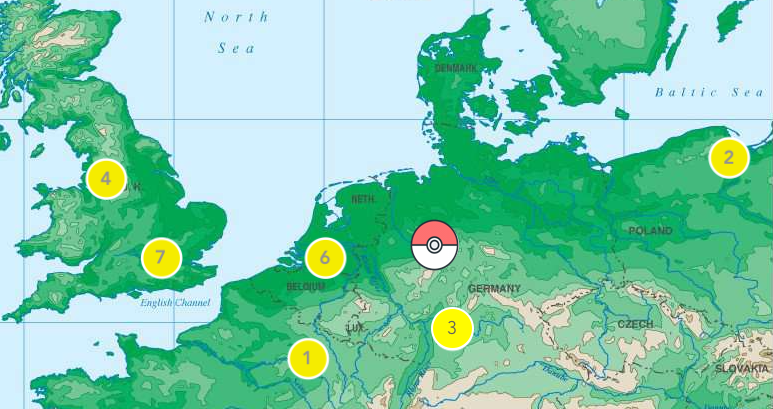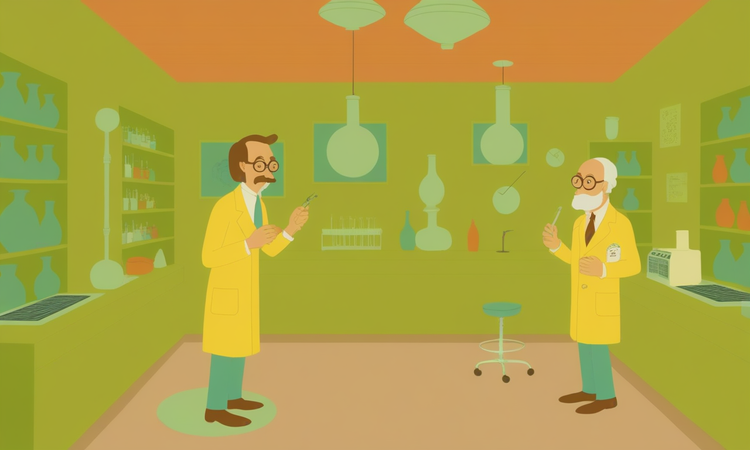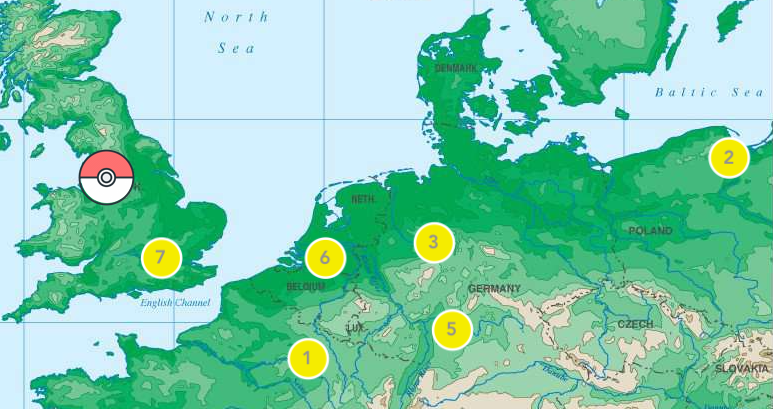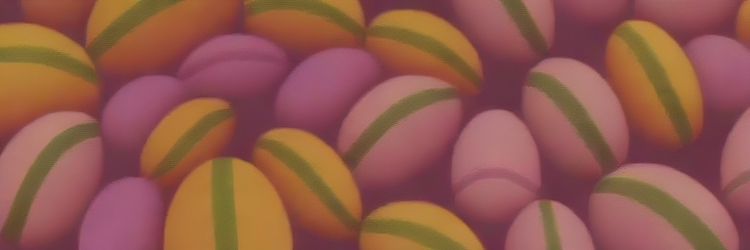The Recipe for the Secret Sauce
There was a time in the place where I work that people were taken with talking about “The Secret Sauce,” this precious and special thing that we had that was somehow ineffable. For the record, I do not work in the food industry. We couldn’t describe it or name it, it was just there in the ethos. Me, I want to figure out how to make such things reproducible, so one afternoon I sat down with our co-founder and COO (to whom I would provide a link, except he’s apparently some sort of international man of mystery), and we hammered out our recipe for the Secret Sauce.
I swear it isn’t just Thousand Island Dressing…
I’m sharing this here for two reasons: first, because building product in education by necessity is about scale, so if you have some magical secret sauce in what you’re doing, you need to figure out how it grows with your product; and second, while I don’t think this recipe will apply to any and every education product, I do think the future of education is less about optimizing the process of knowledge transfer and more about the formation of identities, mindsets, attitudes, and beliefs. There’s still a whole lot that we’re figuring out in my little corner of the world about all of that, but I do think we have some things to say.
Alright, before I turn into every other recipe website on the internet and make you scroll and scroll and scroll to get to the thing you really want, let’s just get into it:
Ingredients:
- Connection to a big mission that transcends any one person.
- Focus on ethical self leadership.
- Environment where students lean on each other more than “the professionals.”
- A high standard of excellence that is made explicit.
- Hands on practice of leadership & reflection on what they are learning about themselves as leaders.
- Opportunities to play, have fun, and not be too serious
- Measurable, visible learning (optional)
- Opportunities to build new things (optional)
Instructions:
- Start by articulating the big mission in such a way that everyone can see themselves playing a part in it. Ask them to define what their part in it might be. Let them share their own and see what others have to say as well. This begins to mix ingredients 1 & 3.
- Take ingredient 4 and underscore the value of the ALU opportunity and how special people are who get to be a part of it. Balance out an equal sense of feeling honored with a burden of feeling entrusted with something big. Expect them to live up to the standard of excellence from day 1, and treat them as people who already embody ALU’s values.
- Take ingredient 3, and ask students to accomplish things together - these can be applied challenges, classroom experientials, anything that gets them actively engaging with each other and recognizing the value that their peers bring to their experience. Try to say yes to their ideas, or find the parts of their ideas that are worth saying yes to and call them out as valuable. Mix with ingredient 5 liberally.
- Take ingredient 2, and ask them to reflect on key elements of their identity: their values, their sense of mission & purpose. We don’t always call this “ethics,” but just by asking them to think about the values that guide them, we implicitly tell them that we make choices based on what’s important to us, not just what’s expedient or convenient. Revisit this frequently throughout their time with us. Allow them to grow and change their mind, but to reflect on why those changes have taken place. Use ingredient 2 and ingredient 5 together as much as possible.
- Wherever you add ingredient 5, make sure to also add at least a pinch of ingredient 6. Sometimes you’ll need to add more - like a handful. They’ll engage better with the serious stuff when they can let their guard down, not take themselves too seriously, and not worry about bruising their fragile egos.
- Balance ingredients 7 & 8 by telling them what the things are that we intend for them to learn and showing them their progress along the way, but also ask them to create their own things that represent what they want to learn & how they want to grow. Ask them to look at things in different ways (reimagine them, if you will), particularly things they are passionate about.
Yeah, we got a few links this week:
- Baking Innovation Into Your Design Process - worth remembering, you innovate toward something, you don’t just innovate for the sake of innovating. The best stuff comes from really understanding what your user needs.
- Usable Knowledge - I really do think this site from Harvard Graduate School of Education might be the most accessible presentation of research for practitioners. You won’t have to dig too long to find something useful and interesting.
- The Battle of Grace Church - Wherever you think you stand on matters of education, get ready to experience some moments of discomfort when you read this one.
- The Boy Who Played With Fusion - a fun thought experiment: what product, service, or environment do you design to create more Taylor Wilsons?
Last word: the thread experiment of last week was an epic fail. No worries - around here, we’re cool with low risk failure. I’ve got a card or two up my sleeve for the coming weeks to see if we can’t get some real dialogue happening here. Watch this space…






Member discussion